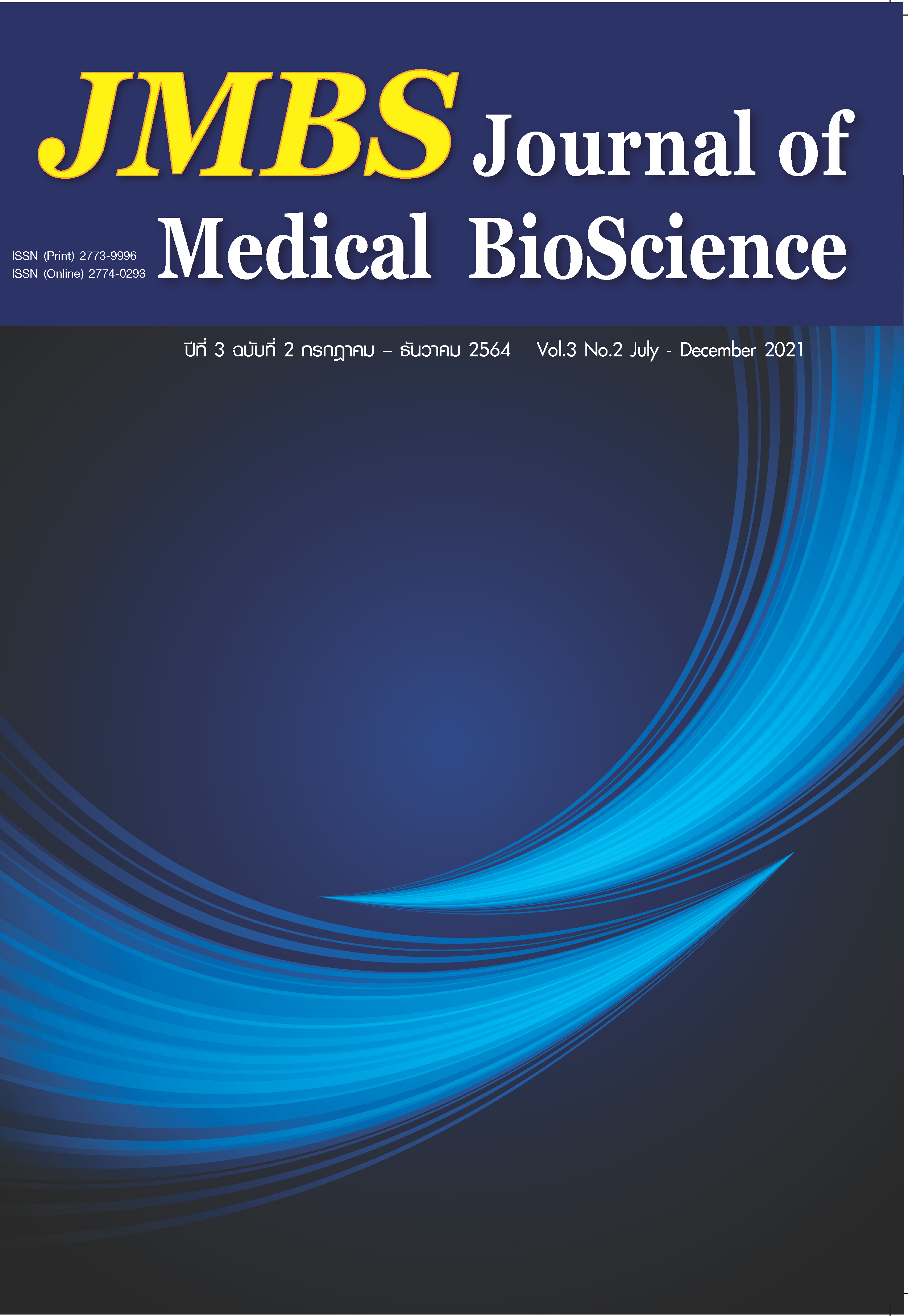Effect of mirror therapy on neuro-rehabilitation in individuals with stroke
Keywords:
Mirror therapy, stroke, rehabilitationAbstract
Paresis of limbs in stroke survivors limits the activity of daily living and leads to a decrease in the quality of life. Thus, rehabilitation of upper and lower limbs is an essential goal in the treatment program. Mirror therapy is an alternative training method for post-stroke impairments and functional movement in acute, sub-acute, and chronic phases. Mirror therapy uses the reflection of a moving nonaffected limb for facilitating a desired movement in the affected limb. The mirror neuron system in the frontotemporal region and superior temporal gyrus is claimed to be responsible for the effect of training such as motor recovery, decrease sensory impairment, and improvement of activity of daily living. Moreover, mirror therapy is proper for home-based exercise. Although mirror therapy is proper for home-based exercise, there are some limitations in patients with cognitive deficits and low attention levels.






